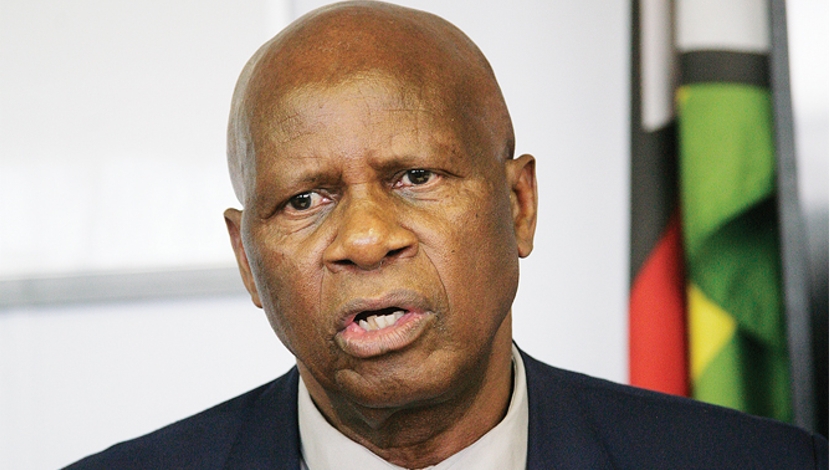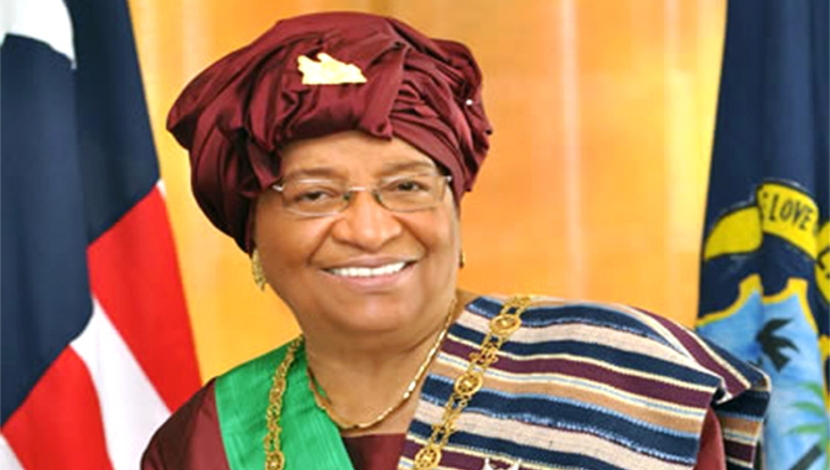

To examine challenges posed by, and find possible solutions to, Africa’s urban infrastructure deficit as a result of rapid urban growth, international law firm Pinsent Masons has launched a thought leadership programme, which will bring together numerous experts from its network of 23 global offices.
Speaking at the inaugural event, Pinsent Masons partner George Sibanda cited a Centre for Development and Enterprise report, stating that, “cities produce more than 80% of global economic output. No country has grown to middle class status without urbanising, and none has grown to high income status without vibrant cities. “.
Sibanda said Johannesburg’s population is expected to reach ten million in 2018 and 11.6-million by 2030. “The infrastructure backlog in Johannesburg is high. The need to close a widening infrastructure gap in the city goes to the heart of improving the South African economy.”
Considering the central question – how does a city, like Johannesburg, attract more private investment in its infrastructure – Pinsent Masons proffered a five-pillar framework.
This includes a transformation in infrastructure governance and leadership to unlock significant private investment to close the funding gap; and drawing up a long-term (at least 25 years) evidence-based plan for city-wide infrastructure; streamlining and developing a clear and ambitious infrastructure delivery strategy to support a modern and innovative infrastructure sector, and the development of skills necessary to improve delivery of major infrastructure investments.
Lastly, it noted that embracing emerging technologies to develop smart infrastructure and Smart Cities would reduce inequality in Johannesburg, as it improves productivity.
University of the Witwatersrand School of Construction Management and Economics Professor Sam Laryea said planning was absent in growing African cities, citing congestion, which hampered economic growth as people spent long hours getting to and from work.
He added that providing infrastructure using smart technology could aid the youthful African population to pursue their work ambitions and, in so doing, aid growth. In this regard, smart technology will also help bridge the inequality gap as people gain access to skills and ideas remotely.
Decoupling political elections from long-term infrastructure plans was also an imperative. The private sector is more likely to respond to a long-term evidenced plan that guaranteed risks and demonstrated the political will regardless of the election cycle.





